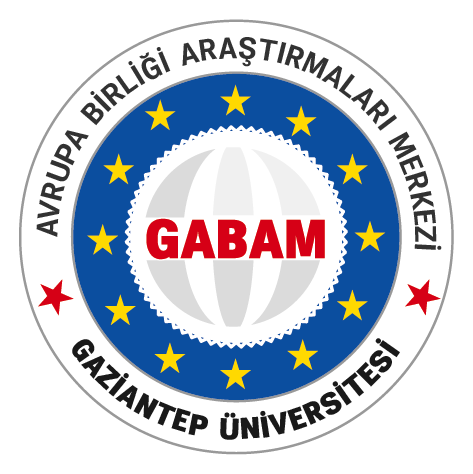Project Title: “Peace Dialogue Campus Network: Fostering Positive Attitudes between Migrants and Youth in Hosting Societies”
Project Acronym: Peacemakers
Project Support Category: 2017 EU Erasmus Plus- KA2 Coorporation for Innovation and the Exchange of Good Practices
Total Budget: 181.418,00 EUR
GAÜN Share: 33.333,00 EUR
Partners:
-
Gaziantep University
-
Erasmus University Rotterdam
-
University of Bologna
-
Humboldt University
-
Algarve University
Project Description:
This project aims to foster a more peaceful generation in Europe and in Turkey that approaches migrants with positive attitudes to overcome prejudices, tackle discrimination and help social inclusion through intercultural communication.
Project Activities
O1: Need Analysis: Will be conducted by each partner university via semi-structured interviews with at least 150 migrant/host university students per partner. Face-to-face interviews and/or online surveys.
O2: Strategy Paper: A strategy paper will be produced based on the need analysis, statistics and existing policies.
O3: Development of Online Course Curriculum and Boot Camp Tool Kit for Peace Envoys 30 Peace Envoys (with equal number of students from each partner university) will come together for 4 days. Boot Camp 1 will also be attended by faculty, who will take part in creating the curriculum of the online course, to make observations. When Boot Camp 1 ends, these faculty will meet to discuss and determine the principals and content of the online course based on the final report of the boot camp and the need analysis and strategic paper prepared in the first 3 months. Also, a tool kit will be prepared to train the Peace Envoys via non-formal education tools, which the Peace Envoys will also use to train student groups in the peace campus network.
O4: Peace Dialogue Campus Network Best Practice Guide
Within the course of the 2 years of the project, the Peace Envoys will report to the project coordinator on their good practices on a regular basis. In the final phase of the project, after Boot Camp 3, these good practices will be evaluated by a jury composed of members from each partner university, and the winning groups will be awarded with a one-week study visit to other partner universities to come together with the other peace campus students’ clubs for sharing of experiences/knowledge and capacity building (mobility activity supported by Erasmus+ program). As a final output of the project, a best practice guide for peace dialogue campus network will be produced.
Multiplier Events:
Each partner university will host a national meeting to communicate the project to the relevant stakeholders (university community, NGOs, media, etc.). Koç University and Gaziantep University will organize a joint meeting in Gaziantep.
Learning/Teaching/Training Activities:
C1: Boot Camp 1: Istanbul
C2: Boot Camp 2: Bologna
C3: Boot Camp 3: Rotterdam
Dissemination tools: Project website, periodical newsletters, short video documentaries, brochures/posters, social media
Project Result: It will aim to achieve this objective via an international peace dialogue campus network of university students, led by 30 “Peace Envoys” that will be trained for 2 years in the Peacemakers project to develop their problem solving, critical thinking, collaborative working and conflict resolution skills through rigorous academic preparation, experiential education and leadership development. Both formal (online course) and non-formal (boot camps) education methods will be used. The 30 Peace Envoys will be composed of 5 students from each partner university (assuming 6 universities will be partners in this project). They will gather in 3 boot camps in Istanbul, Budapest, Rotterdam respectively. Each boot camp will take place for 4 days. In these boot camps, the Peace Envoys will be trained as trainers, who will be assigned, right after the Boot Camp 1, with the task of training student groups and creating peace dialogue students’ clubs in their home universities, which will finally become a “Peace Dialogue Campus Network”. Another output of the project is the creation of an online course that will be offered to all students in each partner university. The curriculum of this course will be designed based on a need analysis, and the final report of Boot Camp 1. As a final output of the project, a best practice guide for peace dialogue campus network will be produced.

